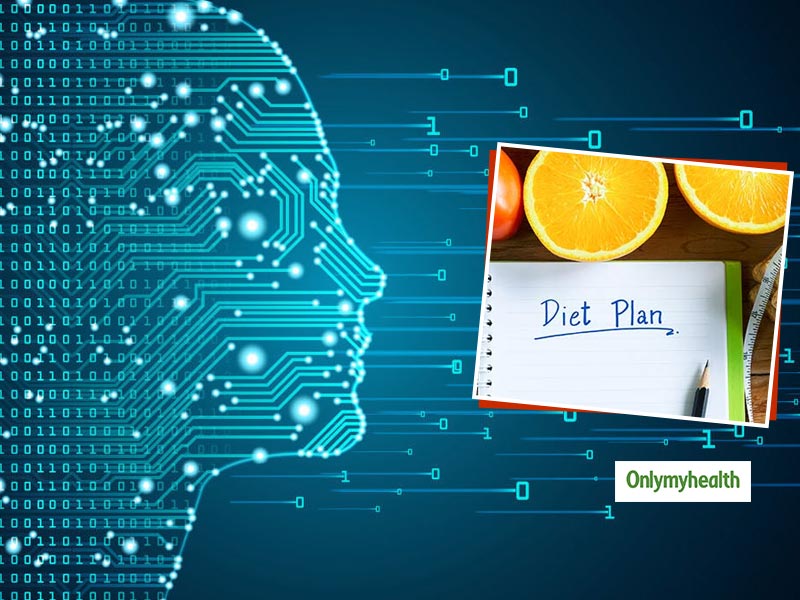
It is well-known that common health conditions are affected by what one eats and drinks. For example:
- bodyweight is affected by caloric intake
- blood sugar levels by carbohydrate intake
- hypertension by sodium intake
- hypercholesterolemia by saturated fat intake and so on.
Table of Content:-
Other conditions are also affected by diets, such as:

- digestive issues like bloating, flatulence, constipation, and loose motion
- oral and dental health
- energy and metabolism
- skin conditions
- arthritis
- hypo- or hyperthyroid issues; etc.
Also, some health goals are achievable through proper diets, such as:
Also Read: Weight Loss During Menopause: Tips To Lose Weight After 50
- longevity
- boosting immunity
- reducing inflammation
- preventing cancer
- improving heart-health
- managing stress
Sometimes, people need help in following a specific diet such as:

- gluten-free
- low-carb
- keto
- paleo
- DASH
- Mediterranean, etc.
Dietitians understand that certain health conditions can be better managed through dietary modifications and restrictions, and typically prepare personalized diet plans detailing out specific foods to be consumed in specific quantities at set times. These plans are designed to control one’s intake of specific nutrients to achieve certain goals. This is all well in principle but as the saying goes… ‘the best-laid plans of mice and men often go awry.’
The democratization of health & wellness with AI
Every meal is also a ‘teachable moment’. What one learns in the present meal gets internalized much more reliably, and changes eating behaviors more effectively. As ArtificiaI Intelligence dictates a new paradigm in health & wellness, everyone today has access to take preventive charge of their health and are not limited by the availability of the experts. Using information about an individual’s:
- body parameters
- health issues & goals
- fitness interfaces
- other preferences
AI platforms can assist nutritionists in setting up a personalized diet plan and help the individual in following the plan. The individual would not have to worry about remembering what to eat and what not to eat or the size of the portions; the real-time AI-enabled nutritionist will tell them what foods to reduce and what else can make their current meal better.

Also Read: Black Seed Oil and Weight Loss: This Oil Can Help You Get Slim and Fit
Users are greatly benefitting from such real-time assistance to manage various lifestyle conditions such as:
- diabetes
- hypertension
- BP, etc.
- for early diagnosis. Photographs of meals can be fed to AI-enabled systems that:
- identify food items
- their respective calories
- nutrition profiles
to assist at the point of consumption.
This approach would vastly simplify adherence to a diet because individuals would not have to remember their respective diet restrictions, the AI-enabled nutritionist would do it for them. There would be no big changes to the diet, no counting calories, no tracking anything, no onerous data entry.
(With inputs from Anand Subra, Chief Knowledge Officer & Co-Founder, PurpleTeal Inc.)
Read more articles on Miscellaneous
Read Next
Understanding Health Insurance
How we keep this article up to date:
We work with experts and keep a close eye on the latest in health and wellness. Whenever there is a new research or helpful information, we update our articles with accurate and useful advice.
Current Version